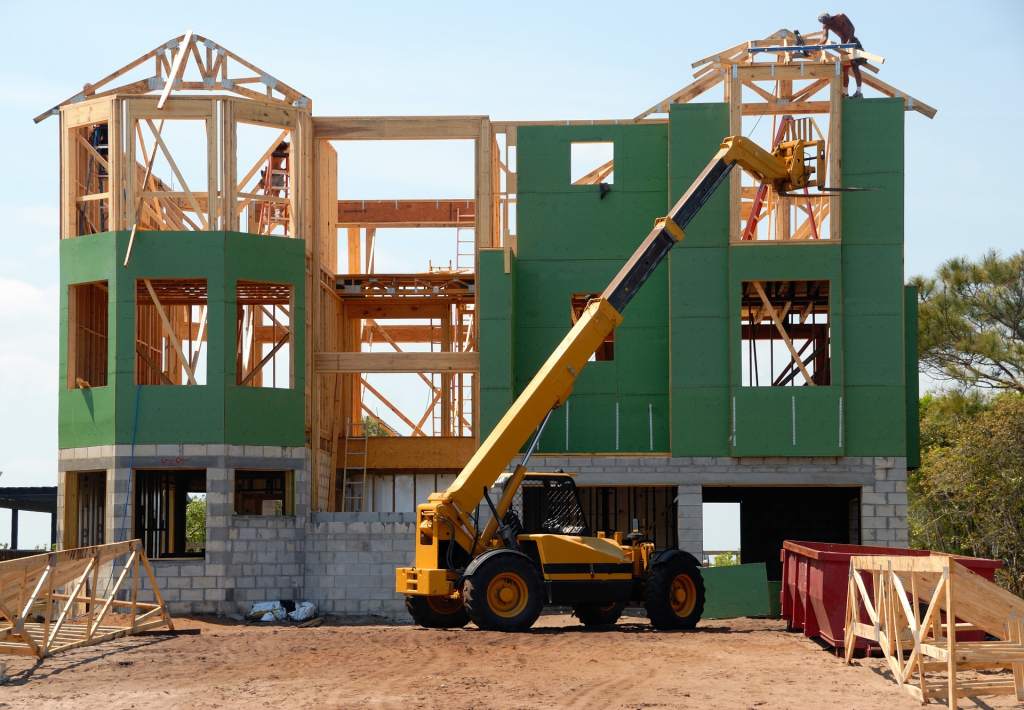AER explores E-Health, Transport & Inclusion during workshops at Spring Committee Plenaries

E-health workshop Agneta Granström (Norrbotten, SE), Chair of the AER E-Health Network, opened the workshop by providing a brief update on the activities of the Network. Highlighting the group’s key ... Read More












